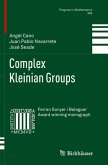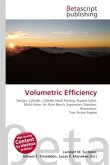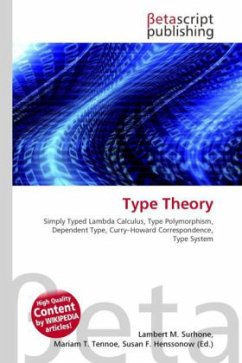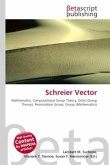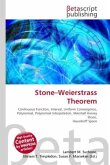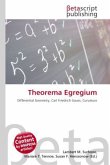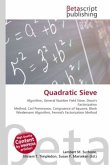In mathematical analysis, a family of functions is equicontinuous if all the functions are continuous and they have equal variation over a given neighbourhood, in a precise sense described herein. In particular, the concept applies to countable families, and thus sequences of functions. The equicontinuity appears in the formulation of Ascoli's theorem, which states that a subset of C(X), the space of continuous functions on a compact Hausdorff space X, is compact if and only if it is closed, pointwise bounded and equicontinuous. As a corollary, a sequence in C(X) is uniformly convergent if and only if it is equicontinuous and converges pointwise to a function (not necessarily continuous a-priori). In particular, the limit of an equicontinuous pointwise convergent sequence of continuous functions fn on either metric space or locally compact space[1] is continuous. If, in addition, fn are holomorphic, then the limit is also holomorphic. The uniform boundedness principle states thata pointwise bounded family of continuous linear operators between Banach spaces is equicontinuous.
Bitte wählen Sie Ihr Anliegen aus.
Rechnungen
Retourenschein anfordern
Bestellstatus
Storno


